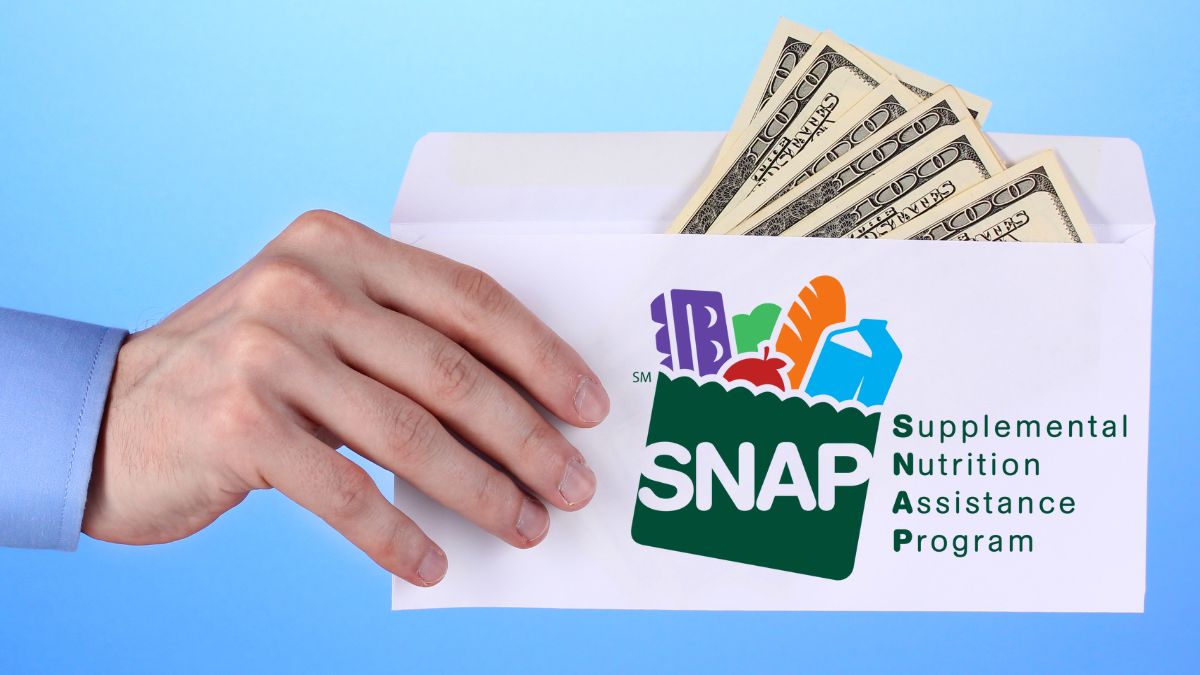With the new presidency, there are some concerns about the management of benefits, notably the Supplemental Nutrition Assistance Program (SNAP). Some statements indicate that the program may be under threat once President-elect Trump takes office.
Vivek Ramaswamy, founder of Roivant Sciences, a pharmaceutical company and former Republican candidate, along with billionaire Tesla and Space X owner Elon Musk, are set to head up a new advisory body, the Department for Government Efficiency, or DOGE, in the new year. Their goal is to eliminate waste in multiple government programs and agencies to “improve efficiency”. SNAP, sponsored by the US Department of Agriculture and administered at the state level, is among the targeted programs.
Ramaswamy’s analysis shows that SNAP, which assists low- and no-income households in paying for groceries, wastes $1 billion each month on ineligible benefits owing to fraud and overpayments. According to Newsweek, overpayments occur when states allow beneficiaries to continue receiving benefits despite disqualifying incomes. Sometimes scammers get benefits from various states due to a lack of cooperation. Eliminating waste and fraud in SNAP might save billions annually. This isn’t (or shouldn’t be) a party issue.”
The problems with SNAP Benefits
The data presented was not adequately cited, so we do not know the source. However, the program has been vulnerable to extensive fraud in recent years, with many difficulties arising with the electronic benefit transfer (EBT) cards in particular.
EBT cards, like conventional debit or credit cards, are vulnerable to frauds like cloning, phishing, and skimming, which also affect bank cards. These cards are loaded with money monthly and can be used in participating stores or online.
Since Q2 2023, over 810,000 fraud incidents have been reported to the USDA, with $150,646,972 in stolen benefits being replaced. The national overpayment rate for fiscal year 2023 was 10.03%, with underpayments at 1.64%. These percentages differ significantly by state, with Alaska having the greatest error rate at 60.37% and South Dakota having the lowest at 3.27%.
SNAP officials, concerned people, and local politicians have called for “urgent state actions” to address the long-standing problem. Higher punishments for people who commit fraud have also been proposed, however because it is a state-run program with federal monies, penalties vary greatly from state to state.
And not all issues are caused by fraud, as the government agency stated in a press statement in June 2024: “Payment errors are largely due to unintentional mistakes, either by the state agency or the household, that affect the accurate determination of eligibility or benefit amounts.”
Although sanctions will be imposed for noncompliance, there is nothing that can be done to prevent errors from being declared fraudulent.

Other DOGE purposes
The new advisory cabinet aims to improve fraud prevention measures for other government assistance programs, including Social Security and Medicare. Despite not being known for fraudulent claims, the new members believe they are wasteful.
The good news is that, according to Ramaswamy, large-scale cuts are unlikely because they are “a policy decision that belongs to the voters” and their congressional representatives. This means that Americans may have a little reprieve before these programs are deemed fully inefficient by commercial standards and eliminated.















Leave a Reply